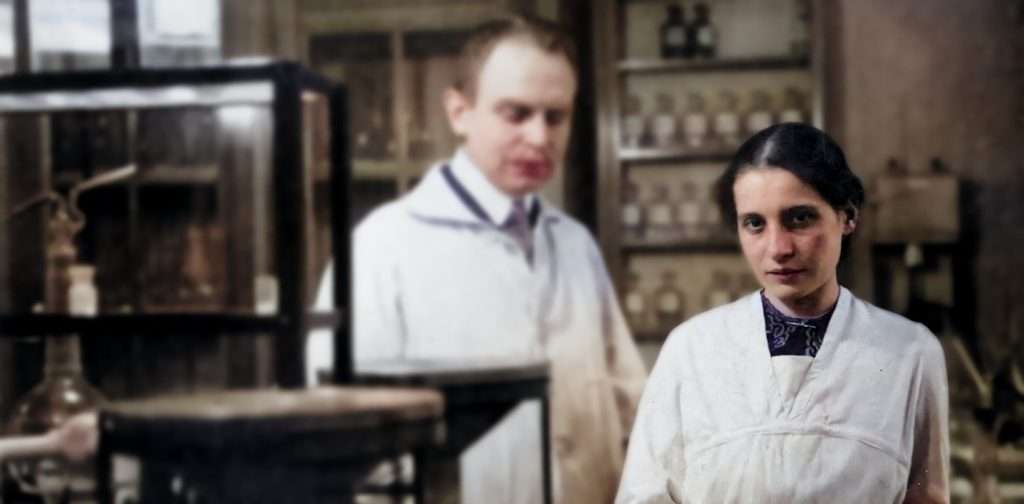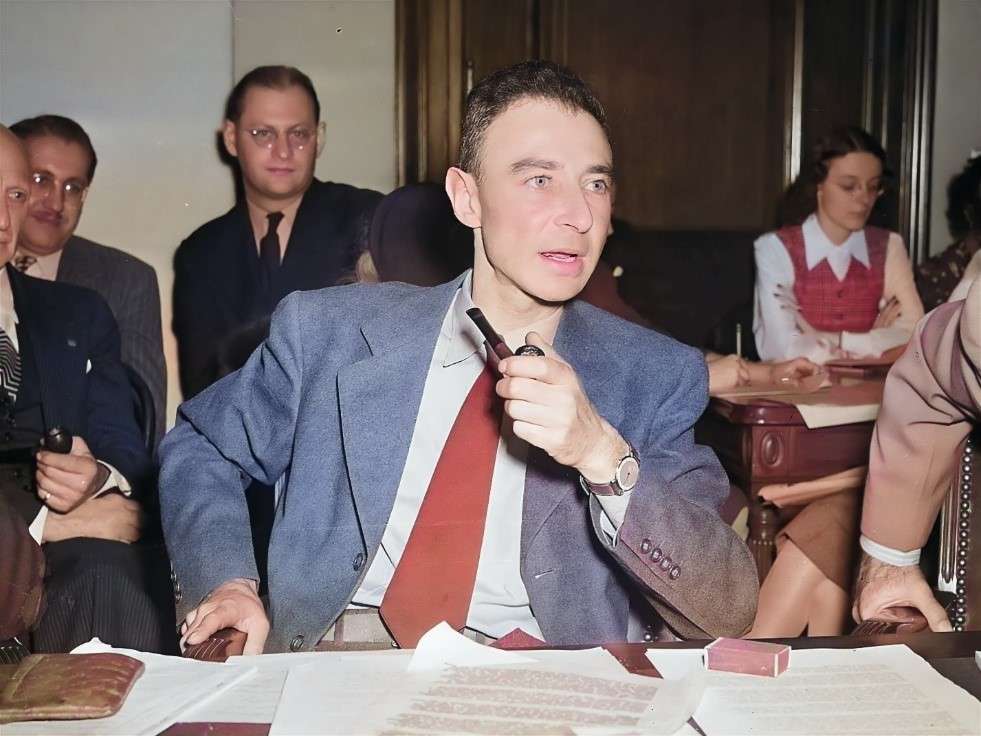The recent release of Christopher Nolan’s film “Oppenheimer” has incited a serious discussion regarding the portrayal of women in the field of science and the significant historical contributions made by female scientists.
In her article titled “Female physicists aren’t represented in the media – and this lack of representation hurts the physics field,” Jo Adetunji argues, that “As a physics professor who studies ways to support women in STEM – science, technology, engineering and math – fields and a film studies professor who worked as a screenwriter in Hollywood, we believe the trailer’s depiction of women reinforces stereotypes about who can succeed in science. It also represents a larger trend of women’s contributions in science going unrecognized in modern media.”
Hence, as the film primarily focuses on J. Robert Oppenheimer and his contribution to the advancement of the atomic bomb, it has faced scrutiny for perpetuating gender stereotypes and neglecting the significant contributions made by accomplished female scientists. One notable individual is physicist Lise Meitner, whose significant contribution to the field of nuclear physics through the discovery of nuclear fission proved to be of utmost importance during the Manhattan Project.
Lise Meitner: The Forgotten Genius
Lise Meitner’s notable scientific contributions were relatively underappreciated during her lifetime. Despite receiving 48 nominations for the Nobel Prize during her life, she never won. Instead, the discovery of nuclear fission was attributed to Otto Hahn, the male lab partner of Lise Meitner, whereas Meitner herself did not receive recognition for her contribution. The narrative of Meitner serves as a poignant illustration of the tendency for women’s accomplishments to frequently be overlooked and undervalued within a predominantly male-centric domain.

The Impact of Underrepresentation
The persistence of harmful stereotypes and biases regarding the potential success of women in the field of science is reinforced by the underrepresentation of women in physics within popular media. The impact of stereotypes on young girls can be observed as early as the age of six, resulting in a decline in their confidence and cognitive capabilities. Consequently, a considerable number of proficient women may experience discouragement in their pursuit of careers in physics and its associated fields, thereby perpetuating the prevailing gender disparity within this domain.
Boosting Women's Physics Self-Efficacy
Research shows that women who demonstrate exceptional performance in physics courses may still exhibit lower levels of physics self-efficacy in comparison to their male peers. Physics self-efficacy refers to an individual’s confidence in their capacity to successfully tackle physics problems, and it exerts a substantial influence on the direction of their professional development. The media’s recognition of accomplished female scientists, such as Lise Meitner, can have a profound effect on young women, thereby boosting their self-confidence and sense of belonging in the field of physics.
Embracing Diversity as a Catalyst for Scientific Advancement
Mentioning the significance of diversity within the scientific community, the incorporation of gender-heterogeneous groups of scientists in the problem-solving process has the potential to produce inventive and comprehensive solutions. Incorporating diverse viewpoints into scientific endeavors contributes to the generation of innovative ideas and novel approaches for tackling complex problems. Women are able to offer unique perspectives that can lead to advancements and breakthroughs in numerous academic disciplines.
Recognizing and Celebrating Women in Science
The purpose is not to disparage the “Oppenheimer” film, but rather to emphasize the importance of media representation in influencing societal perceptions. It is imperative to recognize and honor the significant contributions of women like Lise Meitner. We can combat stereotypes, encourage young women to pursue careers in science, and cultivate a more inclusive and diverse scientific community by recognizing their contributions. By increasing the number of media depictions of successful women in science, we can reshape societal norms and encourage future generations to break down barriers in pursuit of scientific excellence.
Disclaimer: Any opinions expressed in this blog do not necessarily reflect the opinions of CREDP. This content is meant for informational purposes only.





